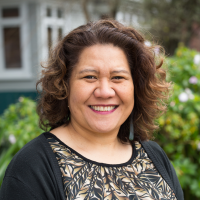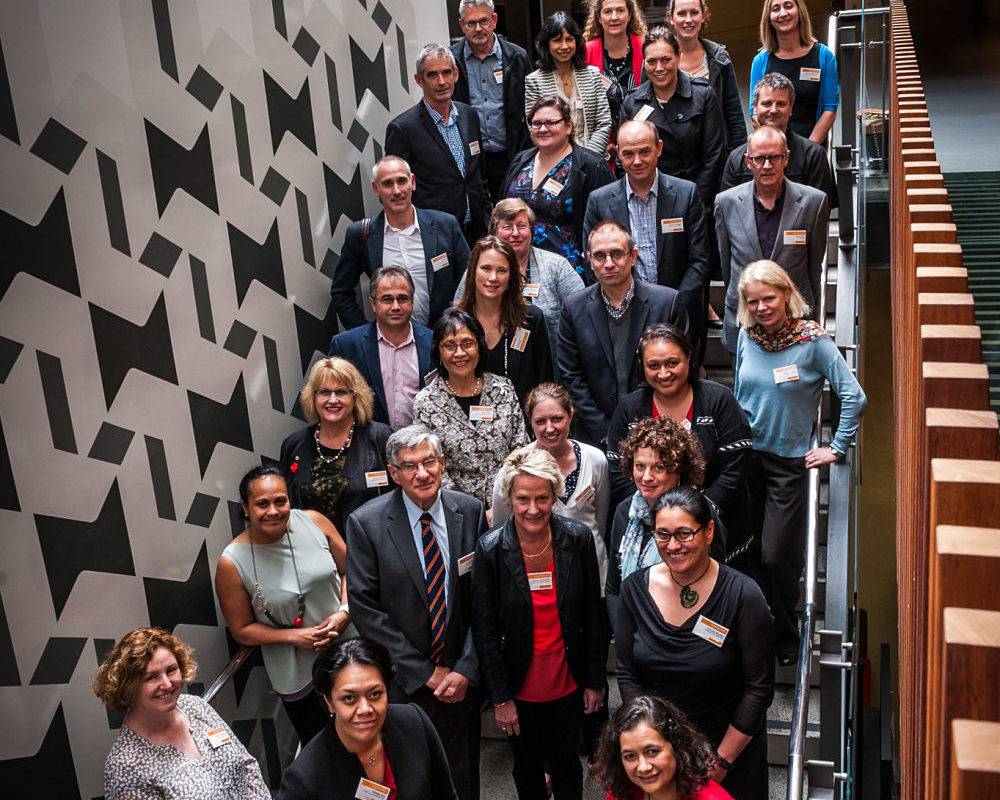Healthier Lives researchers shine in recent HRC round
26 June 2019
Healthier Lives congratulates researchers involved with our Challenge whose work has been recognised in the Health Research Council’s 2019 funding round with substantial investments. This recognition speaks to the research excellence, integrity and standing of our research colleagues.
A number of these new studies are directly aligned to our mission to achieve equitable health outcomes and reduce the burden of non-communicable diseases in New Zealand.
2019 HRC project grants
 Professor Rob Doughty
Professor Rob Doughty
The University of Auckland
Biomarker-guided secondary prevention post-acute coronary syndromes: An RCT
$1,596,636
36 months
Recurrent clinical events remain common among patients following an acute heart attack. Certain proteins are released from the heart when the heart is under stress; these proteins, called biomarkers, can help to identify which individuals are at higher risk of these recurrent clinical events after a heart attack. The aim of this large-scale randomised controlled trial is to assess whether a biomarker guided risk-management approach for people following a heart attack can reduce the risk of people dying or having another heart attack. The proposed study will involve more than 2000 people in 3 major regions in New Zealand. The study primary end point will the rate of death or hospital readmission for heart related conditions over 18 months of follow up. Healthcare processes will be assessed to ensure the results of the study can be rapidly implemented in clinical practice.
 Professor Andrew Jull
Professor Andrew Jull
The University of Auckland
Exercise or hypochlorous acid for venous leg ulcer healing: Factorial4VLU trial
$1,402,941
36 months
Venous leg ulcers (VLU) are a debilitating condition and the numbers will increase as the population ages and obesity increases. VLU can be painful, limit work, and restrict social activity, leading to feelings of hopelessness; people with VLU have lower health-related quality of life than population norms. There is one main treatment that increases VLU healing (compression therapy – tight bandaging or stockings), but about half the people with a VLU remain unhealed even after 12 weeks of treatment. Research suggests adding either progressive resistance exercises plus walking or dilute hypochlorous acid to compression therapy can speed up healing, but the current evidence is not enough to change clinical practice. We will conduct a special type of randomised controlled trial to investigate two interventions at once to test if either speeds up VLU healing.
2019 HRC Pacific Project grants
 Dr Allamanda Faatoese
Dr Allamanda Faatoese
University of Otago – Christchurch
Environmental effects on cardiometabolic biomarkers in Pacific peoples
$594,804
36 months
Improved screening and management of cardiometabolic conditions have resulted in small health gains for Pacific peoples. Innovative approaches to reduce this burden in the Pacific population are required. The Pasifika Heart study documented cardiometabolic profiles for 200 Pacific adults living in Christchurch. High rates of cardiometabolic risk factors (particularly diabetes and obesity) were observed. Nutritional intake analysis showed low fruit and vegetable intake corroborated by vitamin C levels. Genetic variants associated with type 2 diabetes identified from international studies were not highly informative to the susceptibility of Pacific peoples to diabetes. We propose to investigate the interplay between environment and genetic factors. Epigenetics, the external modification of DNA by environmental exposures controls gene expression. We will explore the relationships of genome-wide DNA methylation (epigenetic marker), lifestyle factors and biomarkers in this cohort. Methylation data will enable genetic pathways associated with cardiometabolic risk to be elucidated for Pacific peoples.
Dr Jemaima Tiatia-Seath
 The University of Auckland
The University of Auckland
Climate change and mental wellbeing: The impacts on Pacific peoples
$589,691
36 months
Much of the health research on climate change in the Pacific is dominated by physical health problems; only recently have the mental health impacts of climate change been recognised. Climate change is predicted to have a substantial negative effect upon global mental health and it is likely that the overall burden of mental disorders worldwide will increase. Climate change has inequitable direct and indirect effects on mental health risks for Pacific peoples. Given that the Pacific is highly vulnerable to natural disasters, there is much to learn in the exploration of the interconnection between climate change and mental health and wellbeing outcomes. Building understandings in this regard for New Zealand is vital, particularly in relation to health service readiness or Pacific peoples. This study involves a mixed methods approach over a 36-month period in research sites in New Zealand, Niue and the Cook Islands.


